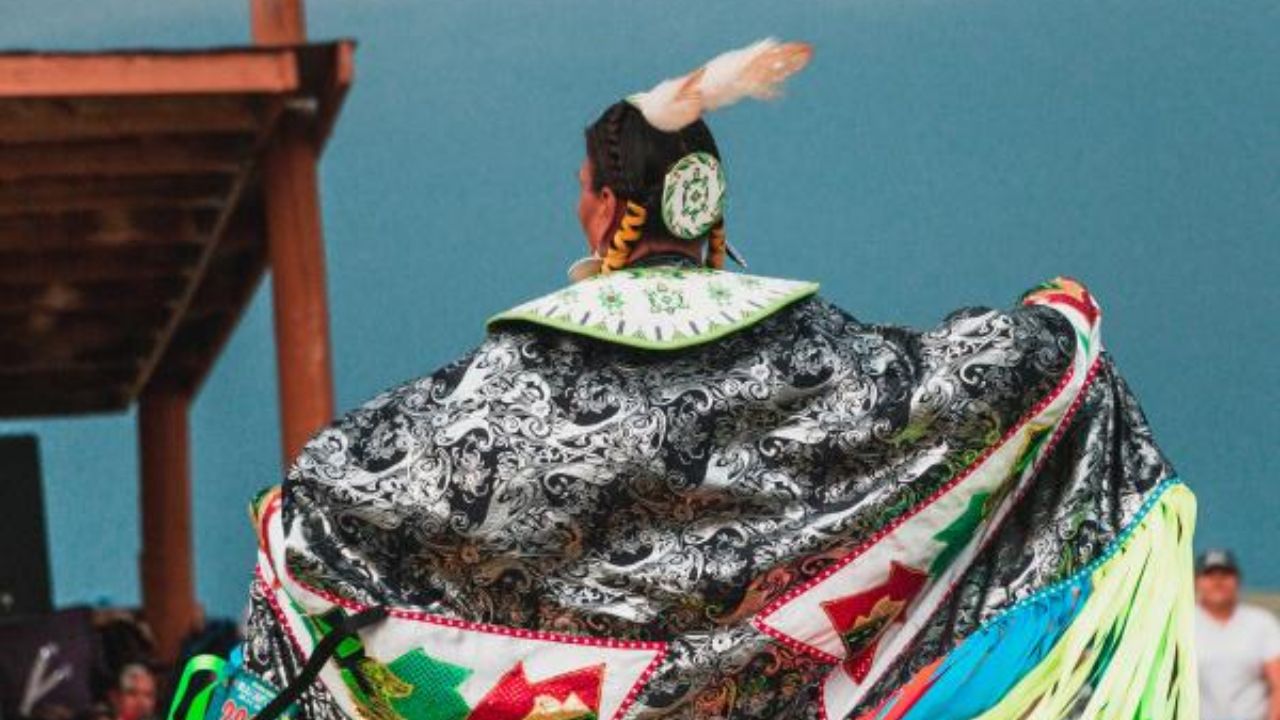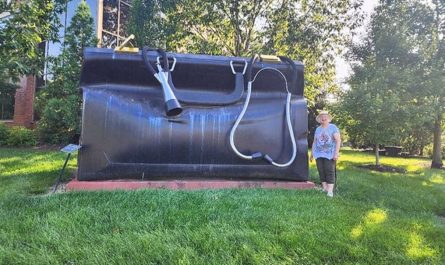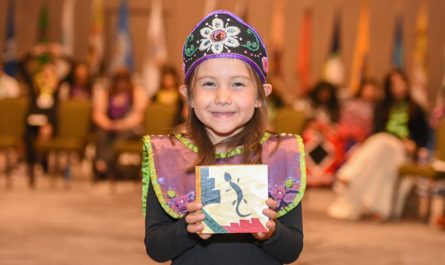Alaska – Understanding and respecting Native American heritage is vital to preserving the rich cultural tapestry of Alaska. For educators, students, and community members eager to deepen their knowledge about Alaska Native peoples, a variety of specialized resources exist. These resources not only provide historical context but also connect learners to contemporary Native voices, languages, and traditions.
From digital archives to educational curricula developed in close partnership with Alaska Native communities, these top resources are designed to bring authentic and engaging Native American heritage education to classrooms and beyond.
Diverse Educational Resources Rooted in Alaska Native Perspectives
The Smithsonian Arctic Studies Center (ASC) in Alaska provides a treasure trove of free digital materials tailored specifically for Alaska’s unique cultural landscape. Through museum objects, videos, and interactive lesson plans crafted alongside Alaska Native Elders and scholars, learners can explore artistic traditions and languages that have shaped the region for centuries.
Similarly, the Sealaska Heritage Institute (SHI) offers comprehensive curricula that focus on Southeast Alaskan Native Languages, integrating culture, art, and history into core subjects. Their preservation efforts include the digitization of cultural festival recordings, which are invaluable for understanding traditional practices such as song, dance, and oratory.
- American Indian College Fund curates books and educational materials showcasing both historical and modern Alaska Native experiences.
- The National Endowment for the Humanities (NEH) contributes lesson plans and funds language revitalization projects, like the Ahtna language curriculum developed by Chickaloon Native Village.
Access to Primary Sources and Cultural Celebrations
Primary source documents deepen comprehension of Alaska Native history. The Library of Congress and National Archives provide historical newspapers and federal documents including those related to boarding school experiences, making these records accessible to researchers and educators alike.
Moreover, the Sealaska Heritage Institute’s Celebration Festival recordings capture the vibrant cultural expressions of the Tlingit, Haida, and Tsimshian peoples. These digitized materials allow learners to experience the vitality of Alaska Native cultures firsthand.
- The Alaska Department of Education & Early Development curates digital collections and educational videos particularly useful during Native American and Alaska Native Heritage Month.
- Native Knowledge 360° from the National Museum of the American Indian offers self-paced courses and webinars to help educators transform how Native American histories, including those of Alaska Natives, are taught.
Why These Resources Matter for Alaska’s Future
Given the diverse cultures and languages of Alaska’s Indigenous communities, these resources facilitate authentic understanding and respect. They empower educators to teach with accuracy and provide students with knowledge that honors Native heritage and contemporary realities.
“These educational tools are essential for fostering cultural awareness and preserving Alaska Native languages and traditions for future generations,” said an expert educator affiliated with the Smithsonian Arctic Studies Center.
Collectively, these resources support a nuanced education that bridges history, culture, and current Indigenous experiences across Alaska.
Your Invitation to Engage with Alaska Native Heritage
Whether you are an educator seeking innovative curricula, a student exploring heritage studies, or a community member aiming to connect with Alaska Native culture, these resources provide a rich foundation.
- Explore interactive digital lessons developed with Native Elders and culture-bearers.
- Access rare primary documents and festival recordings to experience Alaska Native traditions.
- Support language revitalization and cultural preservation through educational involvement.
What do you think about these Native American heritage education resources? Have you used any in your learning or teaching experience? Share your thoughts in the comments below!




